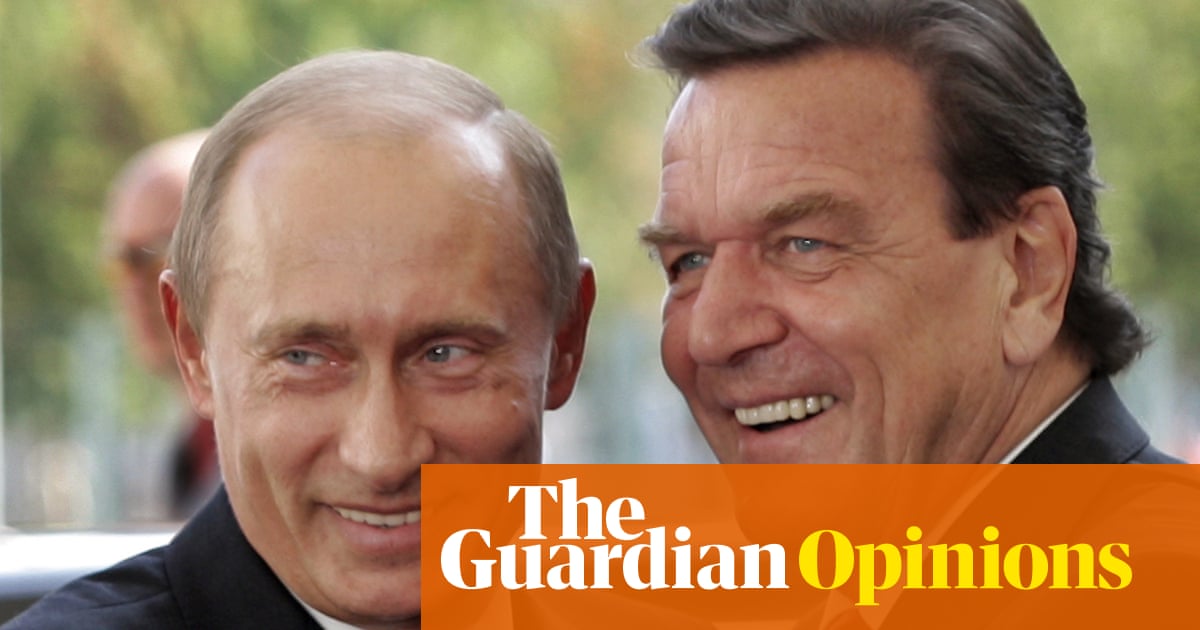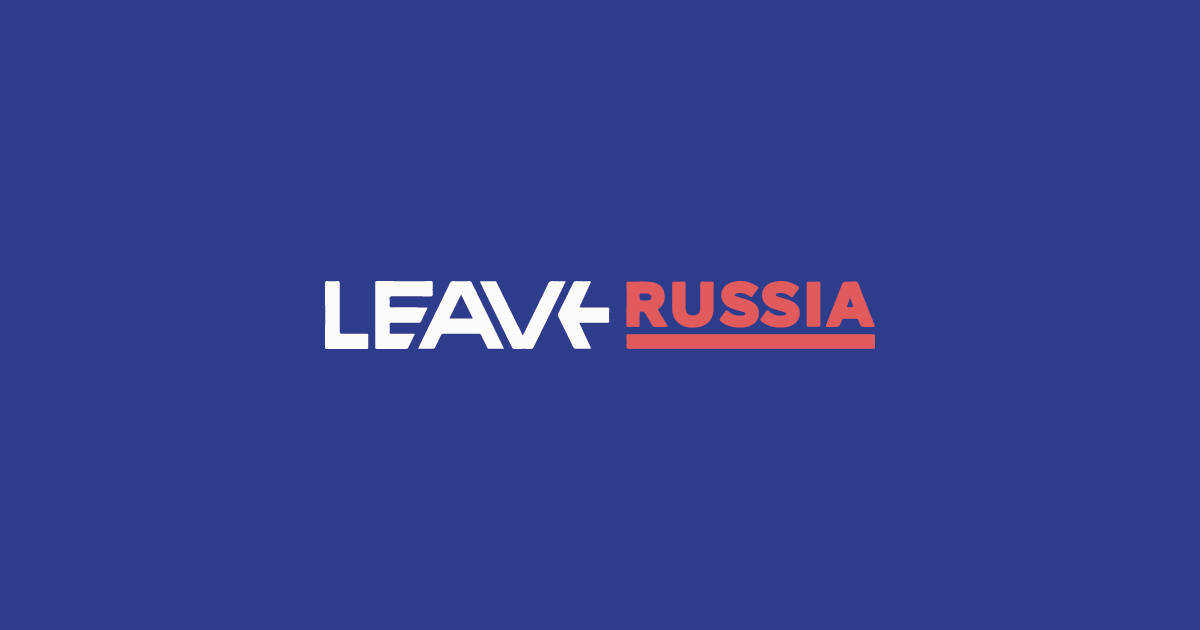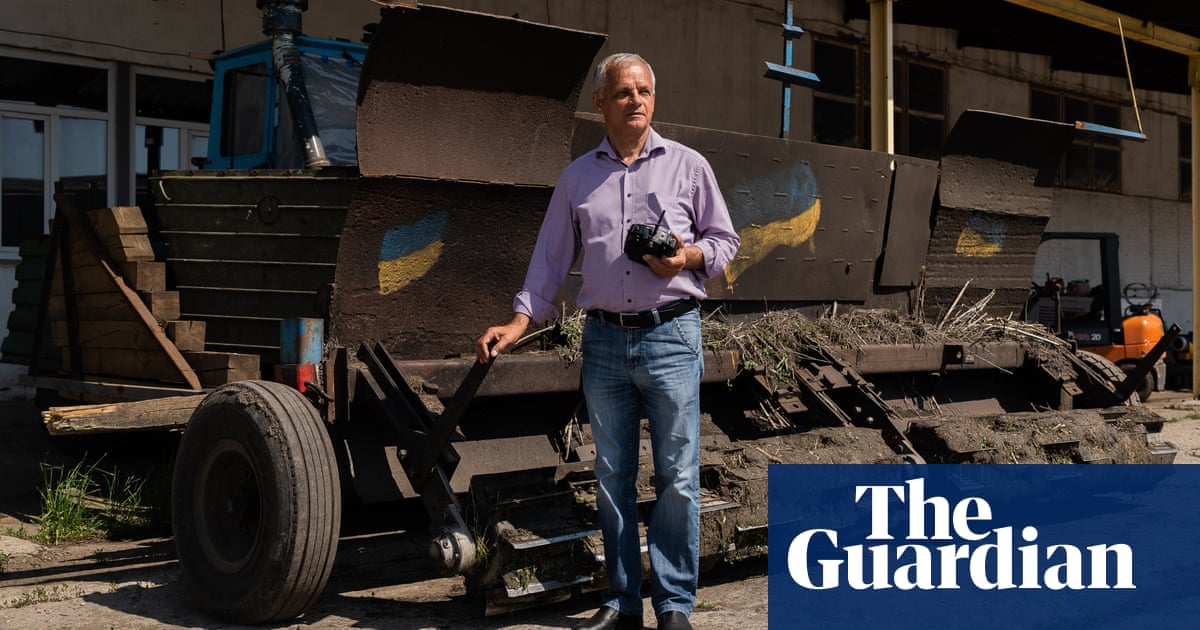There are 35 losses of Ka52 in the Oryx list, so the actual will likely be higher. Crew training cycle will likely be quite long, and morale amongst that cadre must be somewhat brittle by now. The more that are removed from the equation whilst protecting these static forward positions, the fewer will be available during the manoeuvre phase.
It seems likely to me that the Russians would be basing the Ka52 mostly in territory that is not accessible to Storm Shadow (ie original Russian territory east of Azov Sea, where the political agreement with UK is to not use these weapons) and then forward deploying for minimum time on ground in occupied territory, with those sites relocating frequently. I am sure the UKR side is trying to identify ways at them.
Overall it seems to me the UKR are doing an excellent job of picking apart the Russian lines in a cost-effective manner, with the fewest possible UKR troops lost whilst making progress in sufficient widespread locations that Russia cannot risk deploying its reserves to reinforce only one sector.

The Russians and Germans both created a lot of ad hoc frontline airfields in WW II. Many Russian aircraft had extremely short ranges, so the bases needed to be right behind the lines. They got good at these pop-up airfields. For helicopters you need less of a facility than for fixed wing aircraft.
I read somewhere that a lot of the Ka-52 that had been deployed to Zaporrezhia had been taken out in the last couple of weeks. The appearance of Russian airpower is probably more desperation than some new tactic. The Russians could have been using their helicopters all along with the same threats from air defense.
They are probably committing the aircraft now because their artillery is running short. I read last week that there is some evidence that most of the artillery ammunition made in Russia in 2023 has been banned for use because of a tendency to go off prematurely when handling or loading into a gun.
The Ukrainians have also been racking up a lot of artillery knock outs in the last couple of months.
Between those two things, combined with wear and tear losses for artillery, Russia may be having problems with their artillery and the helicopters are being pressed into service despite the high risk environment.
The Wall Street Journal had a somewhat hair on fire article about how the Ukrainian offensive has failed, but I don't see it. It's going slower than many expected, but it's not dead. Ukraine may have slowed down the offensive because the Russians are insisting at throwing their combat units at the Ukrainians ahead of their trenchlines instead of hanging back and waiting for the Ukrainians to come to them. It's an insanely stupid strategy.
But the Ukrainians probably figure might as well go onto the defense for a short bit, eat up those units trying to attack them then resume the offensive when the Russian units have been chewed up and can't defend their positions.






